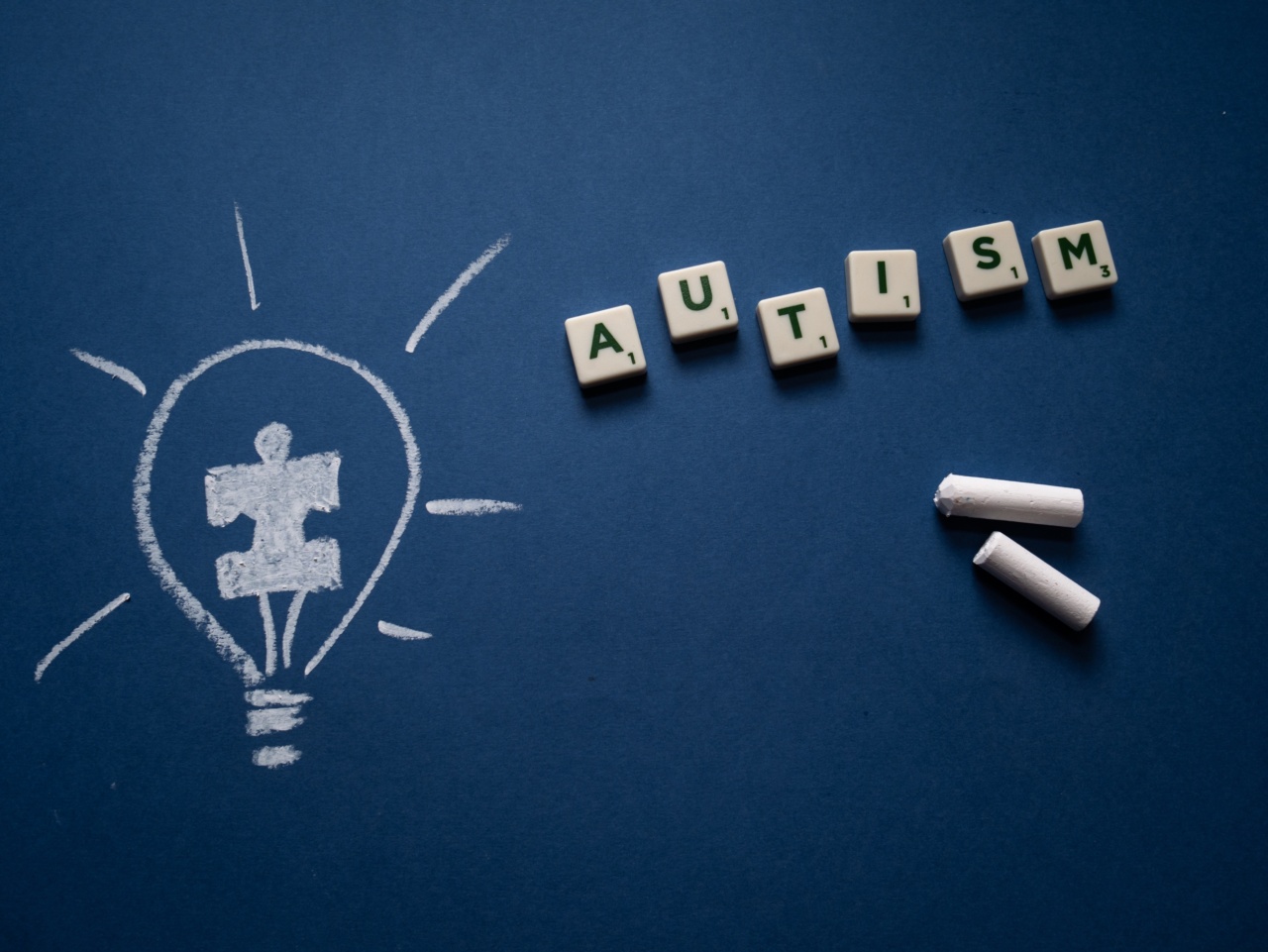Autism Spectrum Disorder (ASD) refers to a complex neurological and developmental condition that affects the way a person perceives the world and interacts with others.
It is a lifelong condition that impacts individuals differently and can manifest in various symptoms and behaviors.
Recognizing the Signs and Symptoms
Early identification and diagnosis of ASD are crucial for early intervention and improved outcomes. While the signs and symptoms may vary widely, here are some common indicators:.
Impairments in Social Interaction
One of the primary characteristics of ASD is difficulties in social interaction and communication. Individuals with ASD may have challenges with:.
- Engaging in reciprocal conversations
- Maintaining eye contact
- Understanding non-verbal cues
- Developing and maintaining relationships
Repetitive Behaviors and Restricted Interests
Individuals with ASD often engage in repetitive or restrictive behaviors, such as:.
- Obsessive interests in specific topics or objects
- Repetitive body movements, such as hand-flapping or rocking
- Adherence to strict routines and resistance to change
Sensory Sensitivities
Many individuals with ASD have heightened or decreased sensitivity to sensory stimuli, which can affect their ability to process sensory information effectively. Some common sensitivities may include:.
- Hypersensitivity to loud noises or bright lights
- Difficulty tolerating certain textures, tastes, or smells
- Seeking sensory stimulation, such as spinning or touching objects
Delayed Language and Communication Skills
Language and communication delays are common in individuals with ASD. Some signs to look out for include:.
- Delayed speech development
- Echolalia – repeating words or phrases heard
- Difficulty understanding and using non-literal language, such as metaphors or sarcasm
Challenges with Flexibility and Impulsivity
Individuals with ASD may struggle with flexibility and impulse control, which can lead to:.
- Resistance to changes in routine
- Difficulty adapting to new environments or situations
- Impulsive behaviors or emotional outbursts
The Importance of Early Detection
An early diagnosis of ASD can significantly impact the child’s development and access to appropriate support and interventions. Early detection allows for:.
- Early intervention services tailored to the individual’s needs
- Improved social and communication skills
- Enhanced educational outcomes
- Support for families in understanding and coping with the diagnosis
Seeking Professional Evaluation
If you suspect that your child or a loved one may have ASD, seeking a professional evaluation is crucial. The diagnostic process typically involves:.
- Observation of the individual’s behavior and developmental history
- Interviews with parents or caregivers
- Standardized assessments and screening tools
Support and Resources for Individuals with ASD
Once a diagnosis is confirmed, accessing support services and resources can greatly benefit individuals with ASD and their families. Some key avenues for support include:.






























